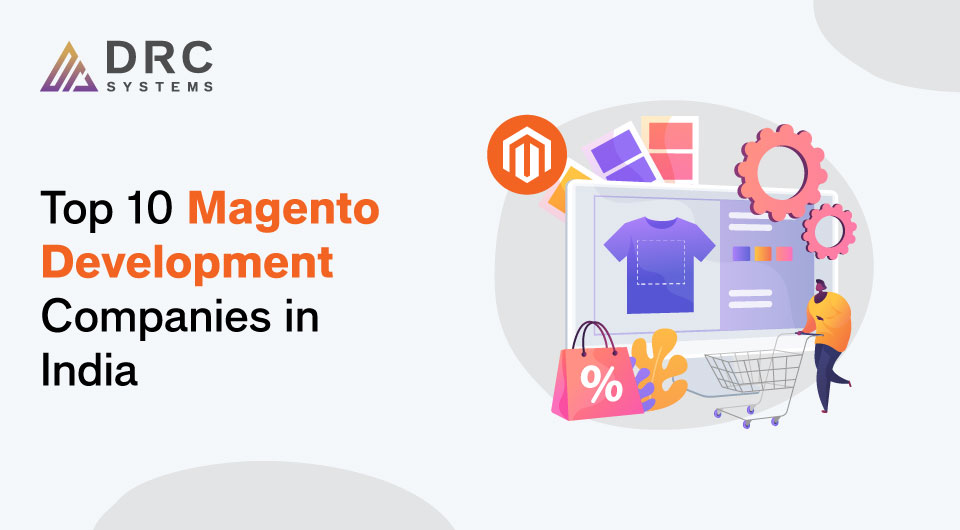Related Articles
What Is Digital Commerce: Benefits, Trends, and Tips for Businesses.
This article provides a detailed view of how digital commerce works, why it matters, and how businesses can benefit from it.
Read The PostLangChain and LLMs: Building Next-Generation AI Applications for Digital Commerce
Artificial Intelligence (AI) is transforming every industry. Advancements in AI are reshaping the digital commerce landscape. It is also evolving…
Read The PostTop 10 Magento Development Companies in India
With 8% of its market share in 2025, Magento is one of the most used e-commerce platforms. This makes it…
Read The Post


